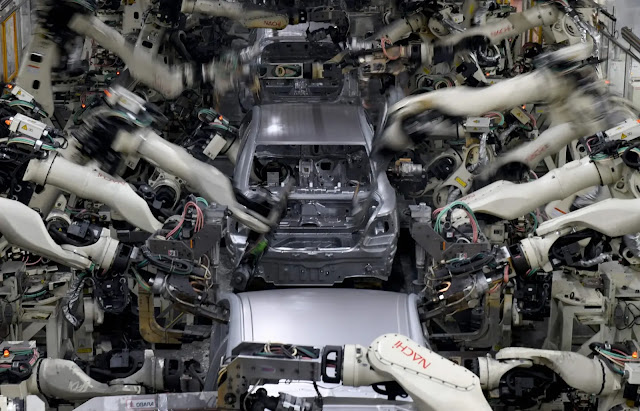Demographics and Economic Growth

The Future Manufacturing Labor Force SUMMARY This post is a summary of some of the themes of previous posts on demographic and population projections, with an emphasis on how demographics impact economic growth. See bibliography at the end of this post. For a list of all blog posts on a wide variety of topics, see List of Posts by Topic on my blog. Almost all countries outside of Africa are already facing or will soon face below replacement birth rates. Without immigration, this could lead first to smaller labor forces with greater numbers of retired citizens. Eventually, however, both the number of workers and retired citizens will decrease. During both stages of the transition, there will be issues of how to increase total output, maintain standards of living, and allocate income between the two major age groups. For background, see Global Demographics and Population Projections . Population and economies can growth even if birth rates are below...
